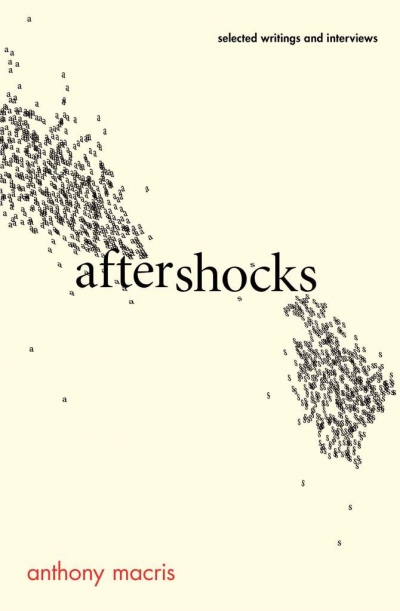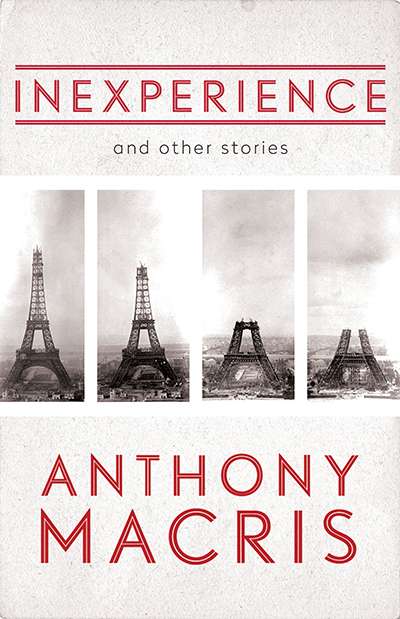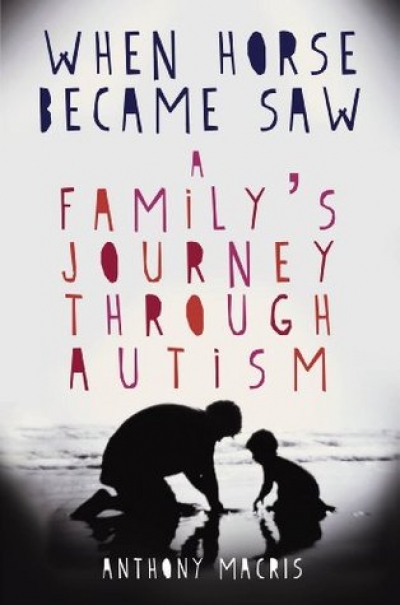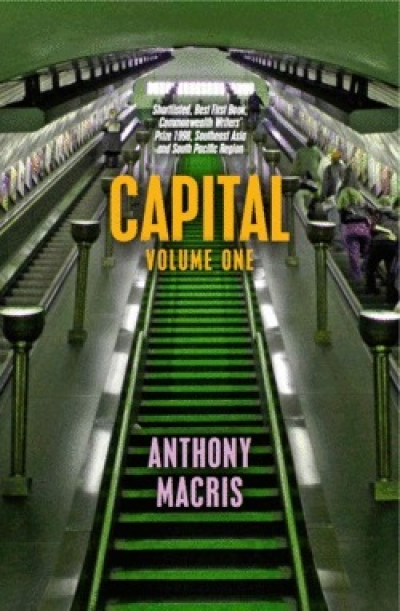Anthony Macris
Aftershocks: Selected writings and interviews by Anthony Macris
by Kári Gíslason •
Great Western Highway: A Love Story (Capital, Volume One, Part Two) by Anthony Macris
by Patrick Allington •
When Horse Became Saw: A Family’s Journey through Autism by Anthony Macris
by Jo Case •





